Growing up on a farm in the Omaheke, eastern Namibia, I had heard stories about the Bullick family. The old people use to speak about a hillbilly family that lived at the far edge of the Omaheke. They told of a mother who lived with her six children, eking out a living, with little contact with the outside world. She had a reputation of having a fierce temper and was known to threaten and shoot at visitors who she thought might be making eyes at her daughters.
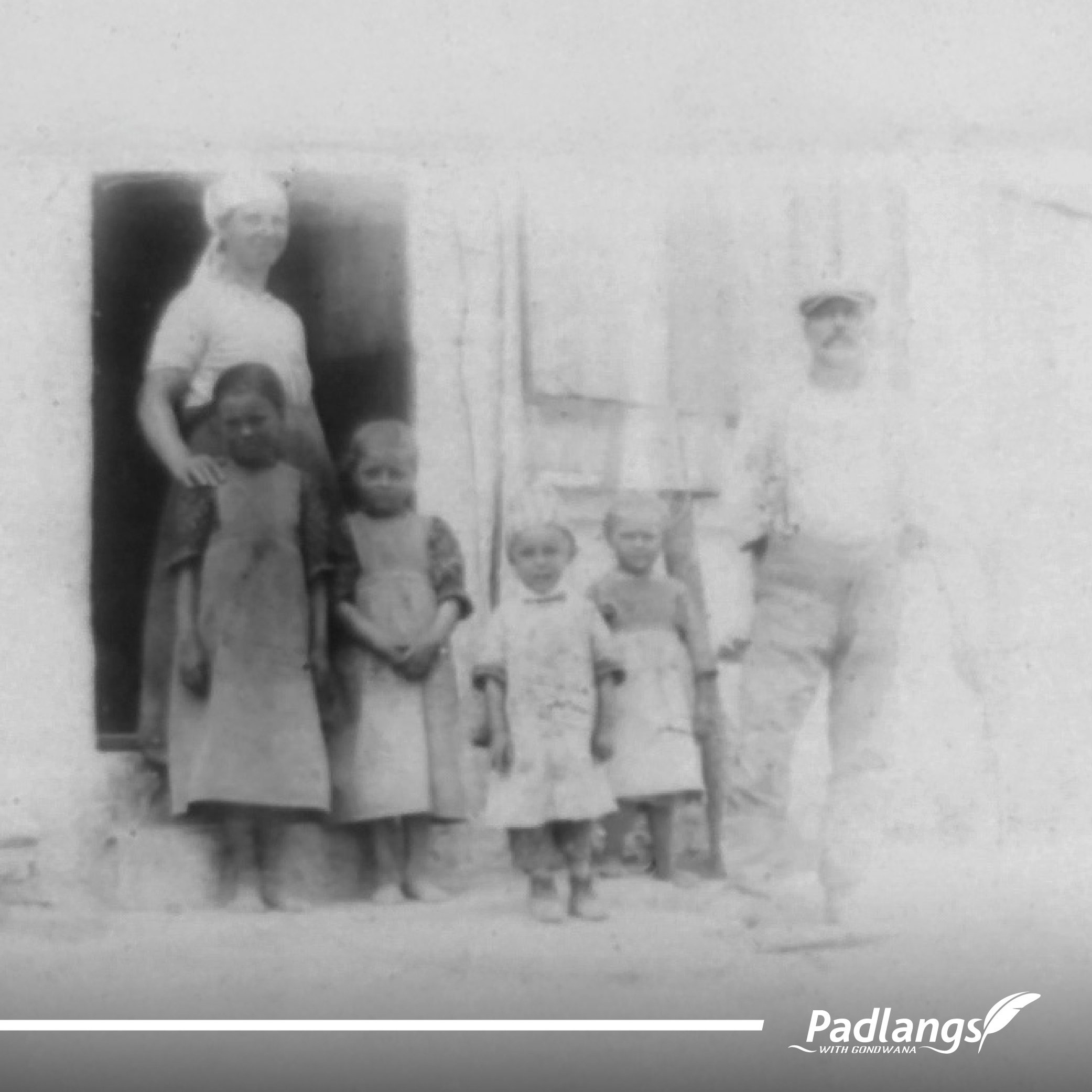
The story always fascinated me and when I came across a photo of the family in an old photo album, I went to the archives to find out more about them. From several old letters dating back to the 20s, I pieced together the story. I learnt that in 1907 after the Herero-German conflict when there was an influx of German immigrants into the country, Alexander Bullick arrived with his young wife, Anna, a teacher from Poland. They applied for a loan and received 6000 Reichsmark, with which they used to buy a farm in the Omaheke bordering the Herero reserve. They called the 5000-hectare farm ‘Alexeck’ – Alex’s corner.
Tragically, Alex died in 1921 from a heart attack after encountering a lion. Anna continued to farm on the land with her children. It was only the oldest daughter who received some education and could read and write. By the time the others were of school-going age, they were needed for farmwork. The family was self-sufficient and made everything themselves, including their own clothes, which were often made from old sacks. The girls were said to wear boys’ clothing. The family rode oxen once a week to collect post from a neighbouring farm.
After her husband’s death, Anna’s fierce reputation started to grow, and as the authorities tried to tie-up Alex’s estate, they found themselves increasingly at loggerheads with her. Anna and her children started to keep even more to themselves. Anna refused to go to Gobabis, saying that she was needed on the farm. She had her supplies delivered by traders who exchanged goods for cattle.
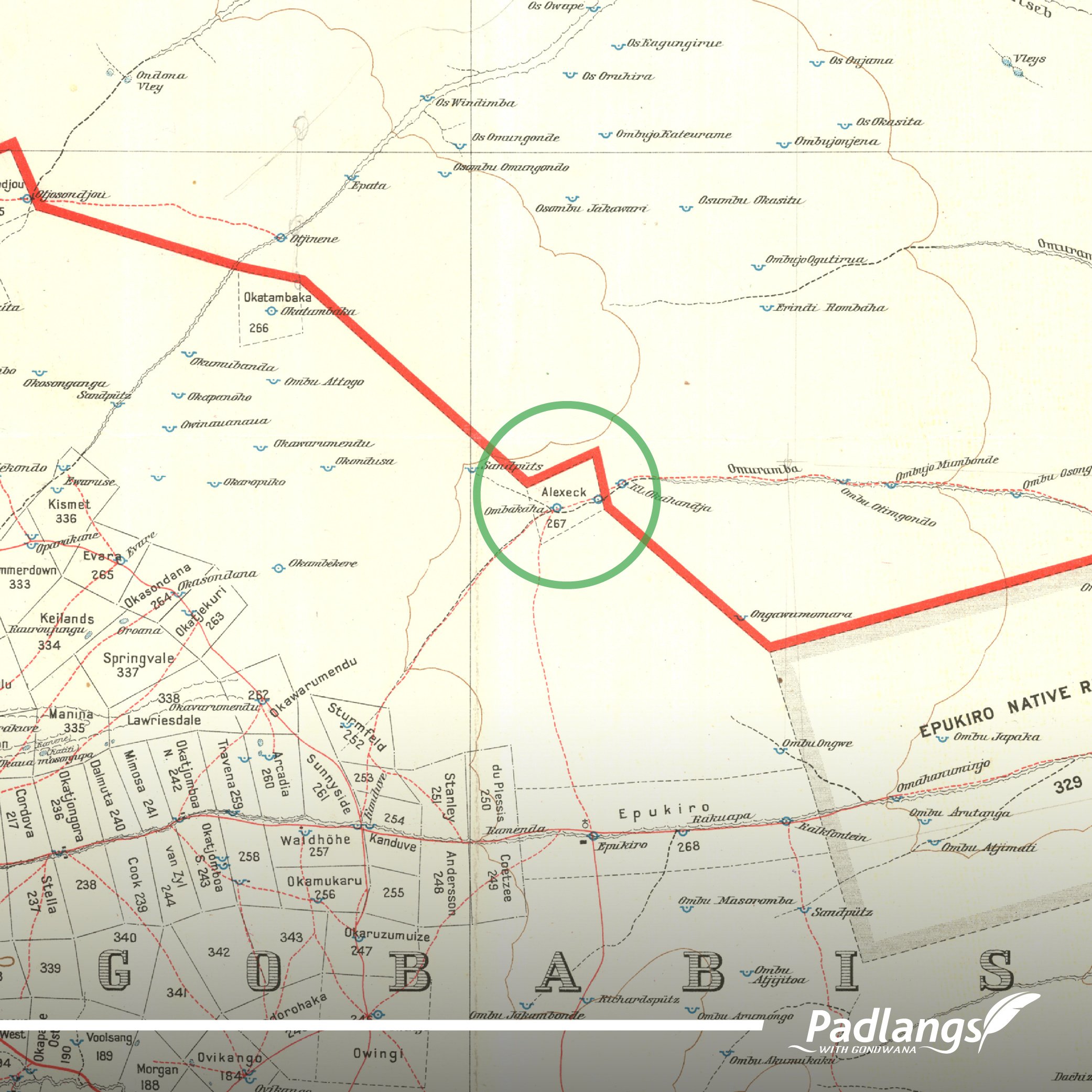
The office of the magistrate noted that the loan for the property was unpaid, as was the interest, and there were land taxes to be settled. They also stated that a woman of her temperament living outside the police zone would be a danger to herself and assumed that she would run into trouble with her local neighbours. They added that for the sake of her children she should consider surrendering the farm with compensation for her house, stable and windmill and returning to Poland.
The officials were frustrated, describing her as being ‘an impossible person to deal with’ as ‘she will neither listen to them or anyone else’. They had offered to school her children free of charge before Alex’s death and did so again afterwards, but she refused all assistance and resigned from the church, angry at their interference in their lives, and from then on would have nothing more to do with them. Padre Matterott, who was in charge of the mission station at Epukiro, reported that he was also unable to get any information about the estate from her. He said that his interaction with the family went smoothly before Alex’s death, but after that the woman appeared to have lost all control of herself and refused to give any information whatsoever. In her defence, Anna declared that so many lies had been told about her that she had no faith in anyone.
Towards the end of the 1930s Anna, concerned about her five daughters not finding suitable husbands, wrote a letter to Germany asking Adolf himself for help in finding partners for her daughters. He replied that she should send her daughters over, where they would be sure of finding husbands. Only the older daughter, Anna Marie, got married, although it didn’t last long and her second marriage was also unsuccessful.
When things were going well on the farm in the 50s, Anna bought the neighbouring farm, initially called ‘Ombakaha’ in Otjiherero, referring to a duck “Ombaha’, suggesting that there was probably a pan with water on the property. She named the farm ‘Zimnik’, using her maiden name.
Farming wasn’t easy over the years with droughts, predators and stock theft. Anna mentions how wild dogs routinely targeted her animals. Eventually, the family could no longer hold onto the farm. A neighbour came to their aid, buying the farm for a very small sum, but allowed the family to continue living on the land. Anna passed on in 1959 and her children continued to live on the farm until they too passed.
Today, although the family is long gone and no descendants remain, the story lives on and if you ask the older generation, they will still remember the Bullik family - Anna aiming her shotgun at would-be suiters and the close-knit group that lived on their own terms, tucked away from the rest of the world on the farm in the Omaheke.
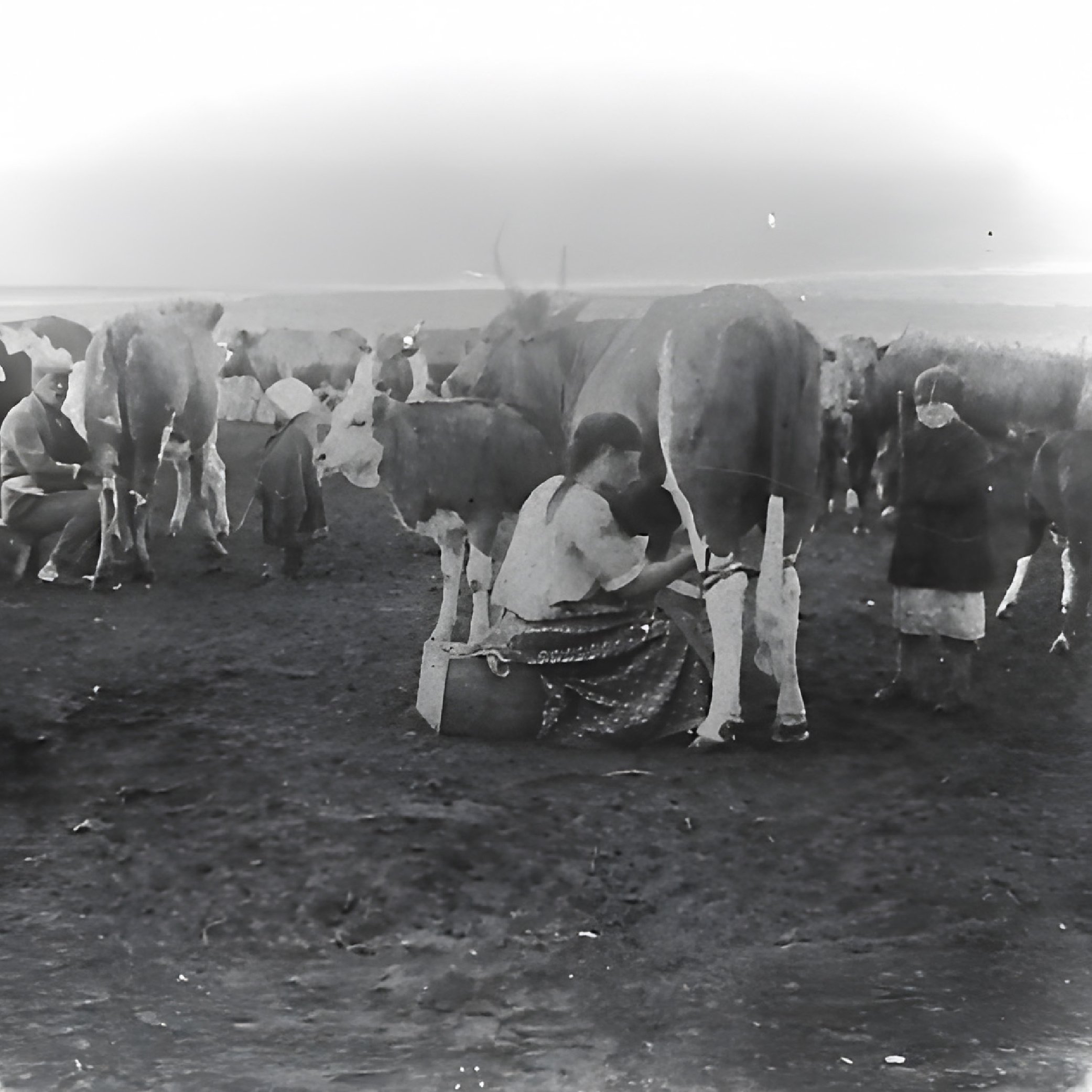
(The story made me wonder if anything else remained of this unusual family and in the next few weeks I’m planning a trip to see if we can find more traces of them, perhaps some graves or an old farmhouse.
Watch this space, and we’ll keep you updated on our progress.)


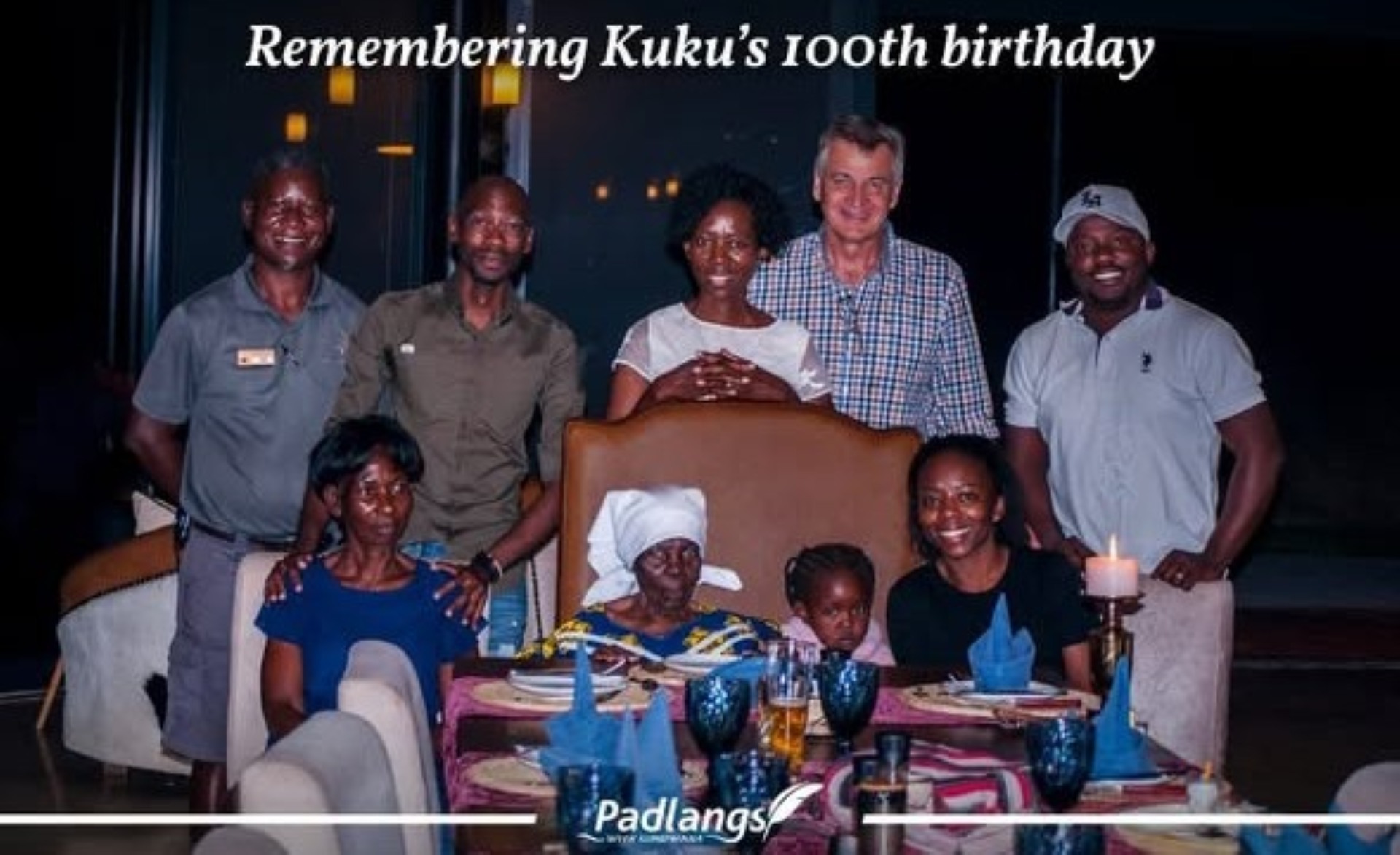
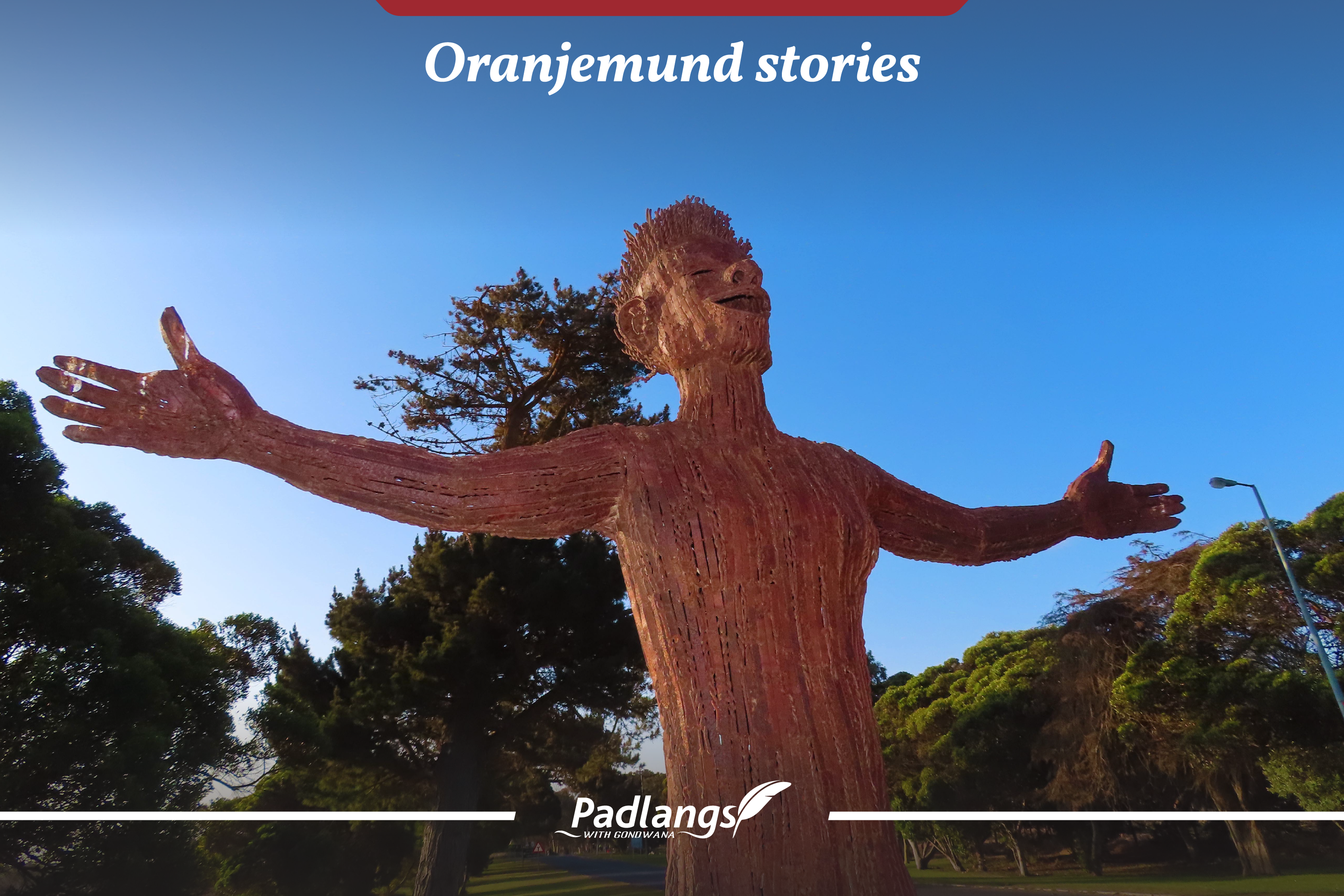
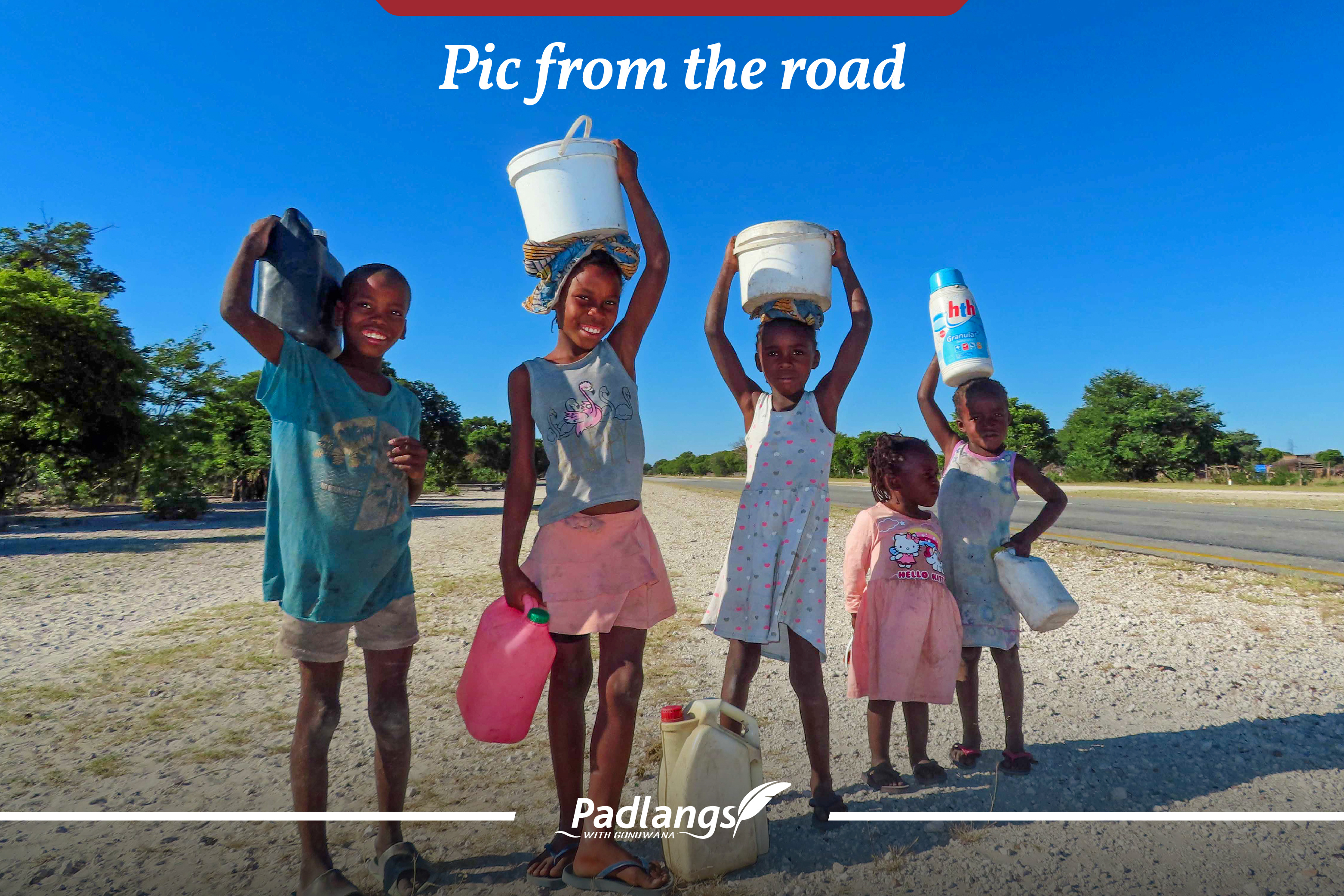




.png)

SUBMIT YOUR COMMENT